Air pollution is becoming increasingly alarming, especially in our country's large cities. However, through studying the legal regulations on air pollution control in the Law on Environmental Protection of Vietnam, there are still inadequacies, shortcomings and limitations that affect the effectiveness of air pollution control in Vietnam.

Air environment and sustainable development requirements
Up to now, Vietnam has not had a long-term overall strategy on air pollution control, which includes the issue of access to air pollution control in relation to proactively responding to climate change, with the right to live in a clean environment and associated with national sustainable development requirements.
Regarding policies and laws on air pollution control, they have been gradually improved, but there are still many shortcomings. Some points can be mentioned as follows: Vietnam still lacks technical standards for air quality in terms of odor and indoor air quality standards; secondly, policies on incentives related to the participation of organizations and individuals in air pollution control are still general and unclear; thirdly, policies and regulations on sustainable development prioritizing the environmental-friendly sector are relatively clear, but the practice of applying the law is not effective. In addition, although the government has issued regulations to adapt to and mitigate climate change, the current legal regulations do not reflect this logic, leading to difficulties in the process of implementing the law.
The regulations on clean development projects to reduce carbon emissions and form carbon emission trading markets have been stipulated in the laws of Vietnam, but they are still cumbersome and lack specificity, especially the implementation process still has many difficulties and challenges. Meanwhile, the regulations on prohibiting acts that pollute the environment, including air pollution, have been recognized in the Law on Environmental Protection in 2014 of Vietnam, but some regulations have not been concretized in the current Criminal Code. For example: Violating regulations on vibration, noise, legal entities causing environmental pollution, etc. In the system of regulations, there is currently no regulation on air impact assessment. Moreover, in practice, it is now clear that the appraisal through the appraisal council in many cases is established by the project approval authority, leading to the phenomenon of "no one crying for a father", the control of the implementation of commitments in the EIA report is still not effective, the pre-check and post-check mechanism is not really tight. In particular, the Law requires environmental impact assessment to be based on the carrying capacity of the environment, but it does not clearly specify how to determine the carrying capacity of the environment (Article 64).
Inadequacies in detecting and handling violations
The current state of the air pollution monitoring network is still lacking and thin, which is also the reason that affects the effectiveness of detecting air pollution. Regarding the information that competent state agencies are responsible for publishing, reality shows that the information from this channel is not much and not timely, and does not meet the expectations of the people.
The Law also stipulates that organizations and individuals have the right to request competent state agencies and production and business entities to provide information on the environmental situation, but according to the Law, individuals do not have the right to directly exercise this right but must go through an organization or community representative. This affects the right to environmental information of the people, affecting the lives and production of the people. Another significant shortcoming that still exists is that the regulations on air pollution inspection are still scattered and dispersed, not yet reasonable compared to the Law on Inspection 2010, and there are no separate regulations on a systematic basis on air pollution inspection. Meanwhile, in practice, environmental inspection activities are still overlapping, lack of coordination between ministerial inspectors, general inspectors, provincial inspectors and local government inspection activities, there are still negatives during the inspection process affecting the final handling of pollution-causing facilities.
The crime of causing environmental pollution was stipulated in the Criminal Code 1999 and the Criminal Code 1999, amended and supplemented in 2009. This crime is material, meaning there must be serious consequences to be prosecuted, which causes difficulties in the process of fighting crime, because reality shows that determining damage caused by air pollution is not easy, especially it is difficult to determine the cause and effect relationship between the act of polluting the air environment and the damage that occurs. Therefore, to date, no individual has been prosecuted for this crime. The Criminal Code 2015 of Vietnam amends the crime of causing environmental pollution and regulates and converts this crime to a formal one, which means that if there is an act that is dangerous to society, it will be prosecuted for criminal liability. However, this crime still only applies to acts of emitting gas and dust, but does not apply to acts of violating environmental laws on vibration, noise, and odor. Furthermore, according to regulations, the act of discharge must reach a certain load to be prosecuted for criminal liability. This regulation makes it difficult in that determining this load to the air environment is not easy.
Political-social organizations, professional political-social organizations, international non-governmental organizations, and communities play a particularly important role in controlling air pollution. Although the Law on Environmental Protection has partly recognized the responsibilities of these organizations, but there are no specific regulations to promote these subjects more strongly in monitoring and controlling air pollution; concurrently, we do not have policies to encourage the implementation of social responsibility by businesses; economic tools have been used to control air pollution, but have not yet achieved the desired effect.
Causes of the limitations
One of the fundamental causes of the shortcomings of the legal system as mentioned above is the lack of specific legal regulations for air pollution management. While regulations on environmental protection in wastewater, solid waste, hazardous waste, etc. are all emphasized, regulations on air quality management (except TCVN, QCVN) are almost non-existent (decrees, decisions, circulars, etc.). In particular, there is a lack of coordination in air quality management between central and local authorities.
One issue that needs to be addressed and adjusted as soon as possible is that the functions, tasks, institutions, and organizations for managing urban air quality are not clear, and lack consistency between the ministries of natural resources and environment, transportation, construction, etc. The Ministry of Natural Resources and Environment is assigned by the Government to be the sole management authority for environmental management, including air quality, but: Decision No. 328/2005/QD-TTg, Decision No. 256/2003/QD-TTg assigned the task of controlling urban air pollution and improving urban air quality to the Ministry of Transportation. The mechanism for coordinating work and sharing information on state management of pollution control between the Ministry of Natural Resources and Environment and other ministries and agencies, and between central and local authorities has not been implemented. The scope of responsibility of the Ministry of Natural Resources and Environment and other ministries and agencies such as natural resources and environment, transportation, construction, etc. in controlling and evaluating emission sources has not been determined.
Air pollution is not just a problem for urban areas, it is also a silent factor that has a major impact on the health of the community and society. Therefore, the identification of shortcomings in the legal system will be truly meaningful when it is recognized, evaluated, and directly adjusted to the actual management activities in social life by the competent authorities.
Source: nhandan.com.vn
 Article table of contents
Article table of contents
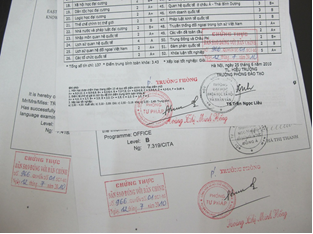
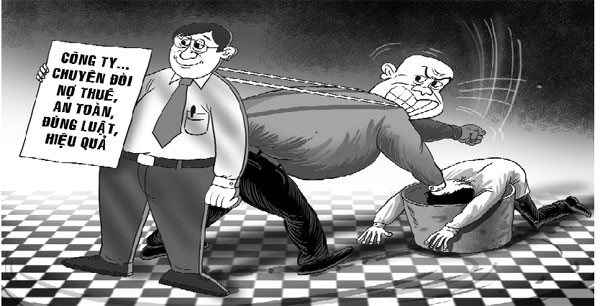
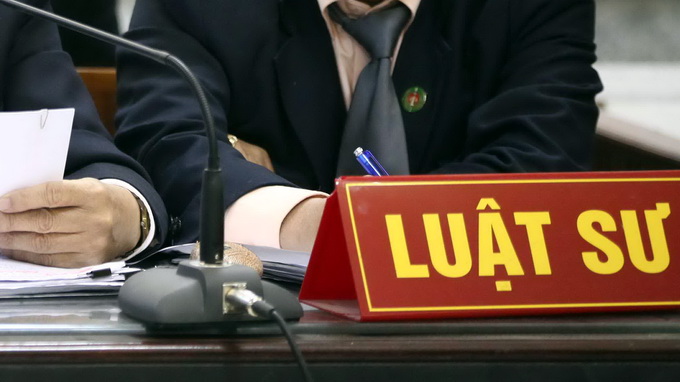
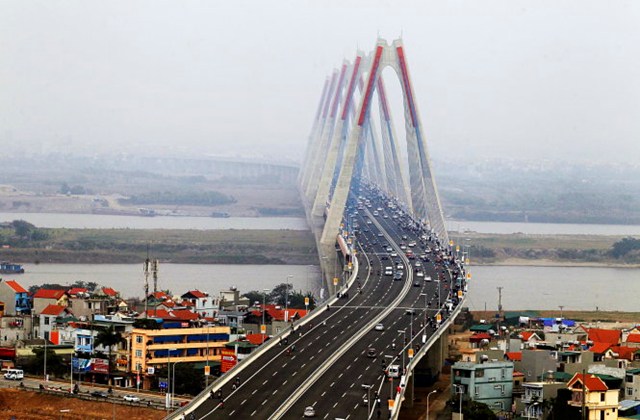
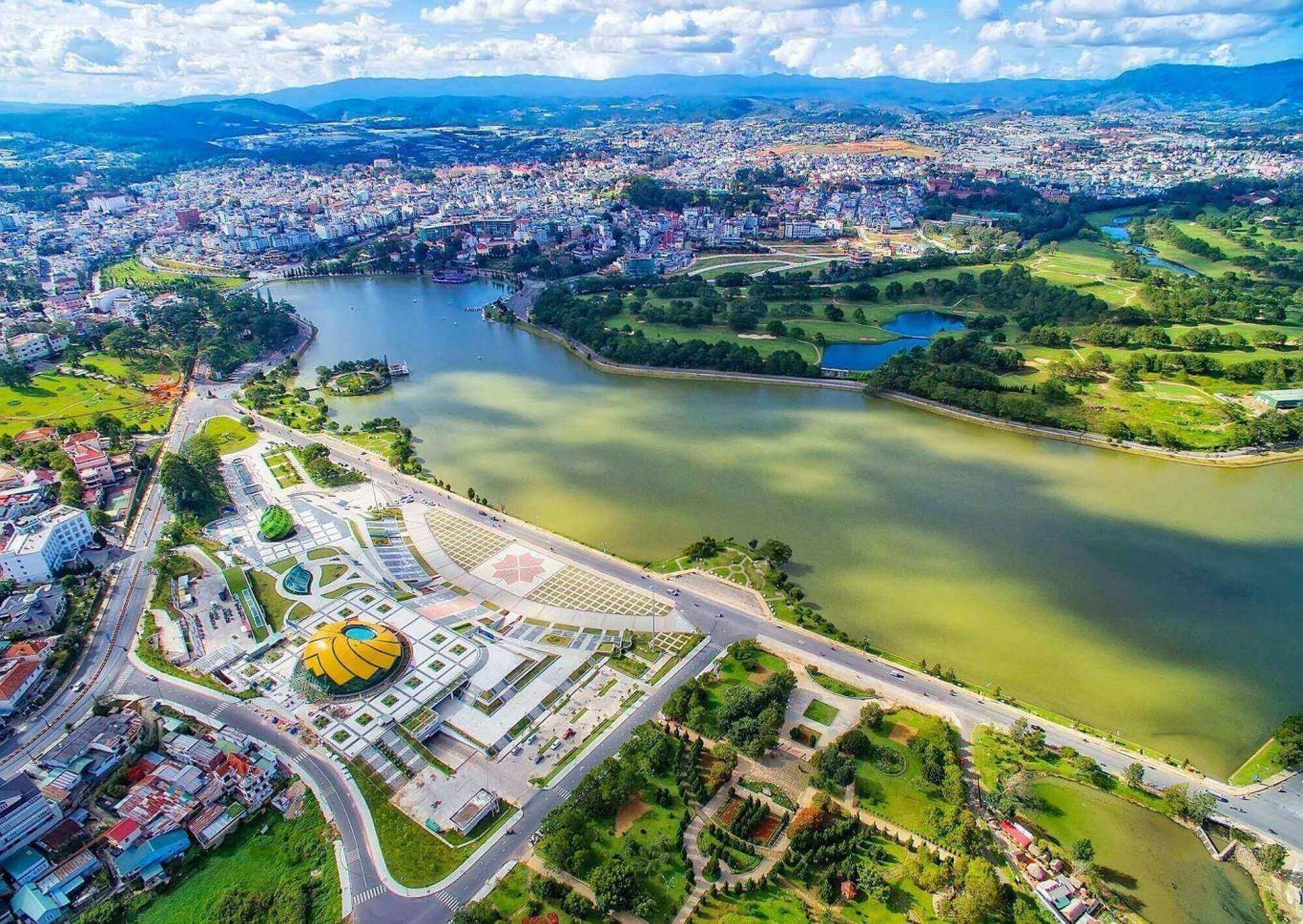



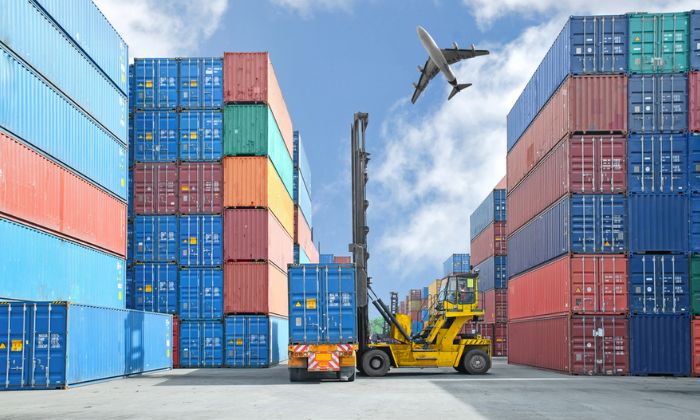

.Medium.png)
.Medium.png)
.Medium.png)
.Medium.png)
